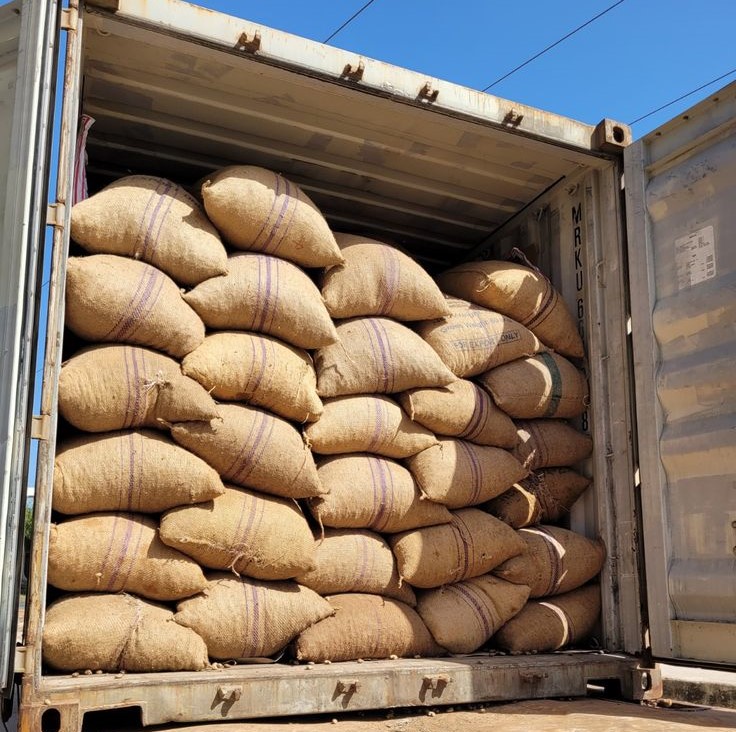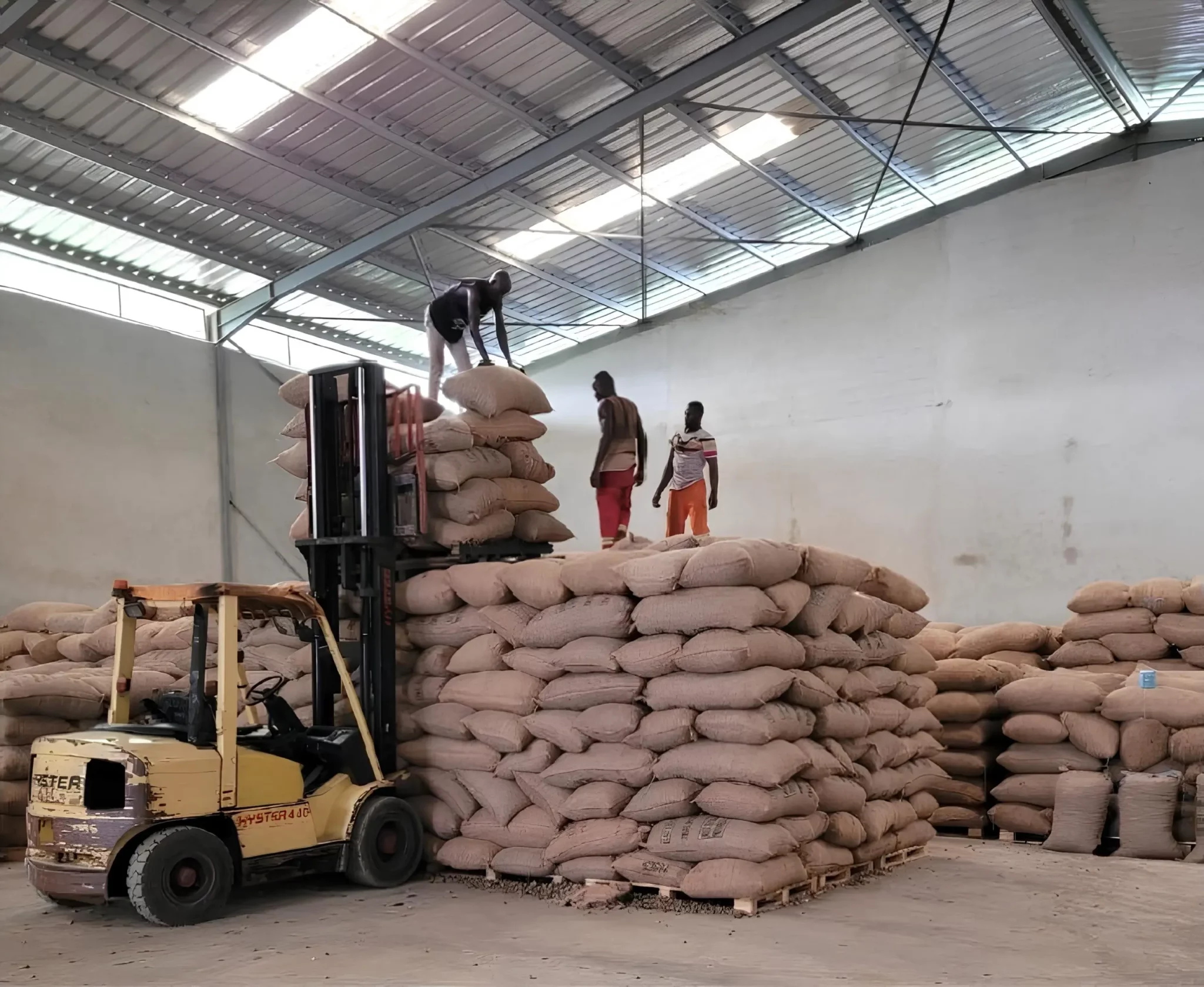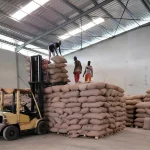Introduction to Government and Customs Regulations for RCN Export and Import
Exporting and importing raw cashew nuts (RCN) can be a lucrative business venture. However, it is crucial to navigate the complexities of government and customs regulations to ensure a smooth and successful operation. In this article, we will explore the various regulations involved in RCN export and import, the importance of complying with these regulations, and the key government and customs agencies that oversee the process.
Understanding the Importance of Complying with Regulations
Complying with government and customs regulations is of utmost importance when it comes to RCN export and import. Failure to comply can result in severe consequences, including delays, fines, and even the suspension of business operations. By adhering to these regulations, you not only ensure the legality of your business but also protect your reputation as a reliable and trustworthy exporter or importer.
One of the primary reasons for these regulations is to maintain the quality and safety of RCN during transportation and storage. Governments set standards and requirements to safeguard the health of consumers and prevent the spread of pests and diseases. By complying with these regulations, you contribute to the overall integrity of the global RCN trade and help maintain the industry’s sustainability.
Key Government and Customs Agencies Involved in RCN Export from Ivory Coast
Ivory Coast Customs.
Exporting raw cashew nuts (RCN) from Ivory Coast involves coordination among key government agencies like the Ministry of Agriculture, Customs Administration, Ivorian Cashew Council (CCA), and Quality and Standards Agency. These entities regulate licensing, quality control, customs procedures, and export documentation to ensure compliance with domestic and international standards.
However, because it is too complicated to deal directly with government agencies, we recommend using a freight forwarder service. A freight forwarder specializing in this service would take charge of all aspects of the shipping process. They would meticulously organize the transportation of the cashew nuts from Ivory Coast to their destination, be it by sea, air, or land. This encompasses reserving cargo space with carriers, efficiently managing shipping schedules, and supervising the loading and unloading of goods.
Moreover, the freight forwarder would expertly handle all necessary documentation, including export permits, certificates of origin, and customs declarations. They would ensure strict adherence to both Ivorian export regulations and the import requirements of the destination country. Furthermore, freight forwarders offer their extensive knowledge in navigating international trade regulations and customs procedures, effectively minimizing any potential delays and ensuring a seamless transit of the cashew nuts. Additionally, they may provide supplementary services such as cargo insurance, warehousing, and inventory management.
Key Government and Customs Agencies Involved in RCN Import from Vietnam
Importing raw cashew nuts (RCN) from Vietnam requires strict coordination and compliance with the regulations set by various government and customs agencies. The Ministry of Agriculture and Rural Development (MARD) exercises its authority in overseeing agricultural policies, including those related to cashew farming and export. The General Department of Vietnam Customs (GDVC) diligently manages customs procedures and clearance for imported goods, ensuring that import regulations and tariffs are strictly adhered to. Additionally, the Vietnam Food Administration (VFA) plays a crucial role in enforcing food safety and quality standards for imported agricultural products like RCN. The Ministry of Industry and Trade (MOIT) establishes trade policies and regulations, while the Vietnam Cashew Association (VINACAS) provides authoritative guidance on licensing, quality control, and export regulations within the cashew sector. These agencies work together under the firm hand of authority to effectively regulate, facilitate, and ensure the seamless importation of RCN from Vietnam, while upholding both domestic and international standards and regulations.
However, the freight forwarder service will handle all procedures upon the cargo’s arrival in Vietnam. They will take charge of all necessary procedures and tasks, including customs clearance, documentation, and fulfilling requirements. They will ensure strict adherence to regulations and prompt delivery within Vietnam, skillfully navigating any challenges or obstacles that may arise. Entrusting the freight forwarder service grants businesses the assurance of efficient cargo management and delivery. The service adeptly handles coordination with authorities, transportation, and logistics, allowing businesses to concentrate on their core operations while entrusting international shipping and customs procedures to the freight forwarder service.
After the raw cashew nuts (RCN) are transported by the forwarding company to the destination in Vietnam. At this time, companies will begin to carry out raw cashew nut inspection services, these services are facilitated by companies like CAFECONTROL and Vinacontrol. These services encompass a range of assessments, including quality, quantity, sensory testing, packaging, and supervision of loading/unloading processes.
To uphold quality standards, inspections adhere to regulations set by organizations such as CEPC, AFI, TCVN, and UNECN. Various criteria are evaluated, including chemical, biological, and food safety factors like aflatoxin toxicity, pesticide residues, heavy metals, and pathogenic bacteria.
Preservation and transportation standards are meticulously followed to maintain the quality and safety of cashew kernels during storage and transit.
Third-party inspection services, offered by companies like VINA Control, play a pivotal role in quality control, quantity inspection, analysis, and certification. These services are conducted at both the supplier’s premises and buyer’s warehouse, enhancing the competitiveness of cashew nuts from African exporting countries.
Local regulatory authorities govern and oversee the inspection and quality control procedures for raw cashew nuts in Vietnam, ensuring alignment with national and international standards. This regulatory oversight aims to uphold the integrity and safety of Vietnam’s cashew industry.
Steps to Ensure Compliance with RCN Export and Import Regulations
Compliance with RCN export and import regulations can be a complex process, but by following these steps, you can ensure a smooth operation:
- Research and Familiarize: Thoroughly research the regulations and requirements specific to the countries you are exporting from or importing to. Understand the documentation, labeling, and quality control standards set by the respective government and customs agencies.
- Establish Strong Partnerships: Build relationships with reliable freight forwarders, customs brokers, and local agents who have experience in RCN export and import. They can provide valuable guidance and support throughout the process.
- Documentation and Record-Keeping: Keep accurate and up-to-date records of all transactions, including invoices, shipping documents, and certificates of origin. These documents are essential for customs clearance and compliance.
- Quality Control and Inspection: Implement rigorous quality control measures to ensure the integrity of your RCN shipments. Conduct regular inspections and tests to verify compliance with the required standards.
- Stay Updated: Regulations and requirements can change over time. Stay informed about any updates or amendments to the regulations by regularly checking the websites and publications of the relevant government and customs agencies.
By following these steps, you can minimize the risk of non-compliance and ensure a smooth and successful RCN export and import operation.
Tips for Successful RCN Export and Import Operations

While complying with regulations is crucial, there are also some additional tips that can help you optimize your RCN export and import operations:
- Establish a Network: Build a network of reliable suppliers, buyers, and industry contacts. This network can provide valuable insights, market information, and potential business opportunities.
- Stay Competitive: Keep an eye on market trends, pricing, and competition. Continuously evaluate your pricing strategy to remain competitive in the RCN market.
- Invest in Technology: Utilize technology to streamline your operations, enhance efficiency, and ensure better inventory management. Implement software solutions that can help you track shipments, manage documentation, and comply with regulations more effectively.
- Maintain Strong Relationships: Foster strong relationships with your customers and suppliers. Good communication and trust can lead to long-term partnerships and repeat business.
- Expand your Knowledge: Stay updated with industry developments, trade policies, and market conditions. Attend trade fairs, conferences, and seminars to expand your knowledge and network with industry professionals.
By implementing these tips, you can enhance the overall success and profitability of your RCN export and import operations.
Emphasizing the Importance of Understanding and Complying with Government and Customs Regulations for RCN Export and Import
In conclusion, navigating the complexities of government and customs regulations is essential for a successful RCN export and import business. Complying with these regulations ensures the safety and quality of RCN, protects your business reputation, and contributes to the sustainability of the industry. By understanding the importance of compliance, familiarizing yourself with the key government and customs agencies, and following the necessary steps, you can navigate the regulatory landscape effectively and achieve success in the RCN export and import market.
Remember, it is crucial to stay informed and continuously adapt your operations to meet evolving regulations. By doing so, you can position yourself as a reliable and compliant player in the RCN trade, gaining a competitive edge and establishing long-term business relationships.
This article is intended to provide general information and should not be considered as legal advice. Always consult with legal professionals or relevant authorities for specific guidance on RCN export and import regulations.
Note: For further guidance on RCN export and import regulations, consult with our team of experts at Galaxy Commercial Impex Ltd. We have extensive experience in navigating the complexities of government and customs regulations and can assist you in achieving compliance and success in your RCN business. Contact us today to learn more!




1 Comment
Claribel
December 27, 2024This article offered a fresh perspective that I really appreciated!
The site’s simple design enhances the overall experience.